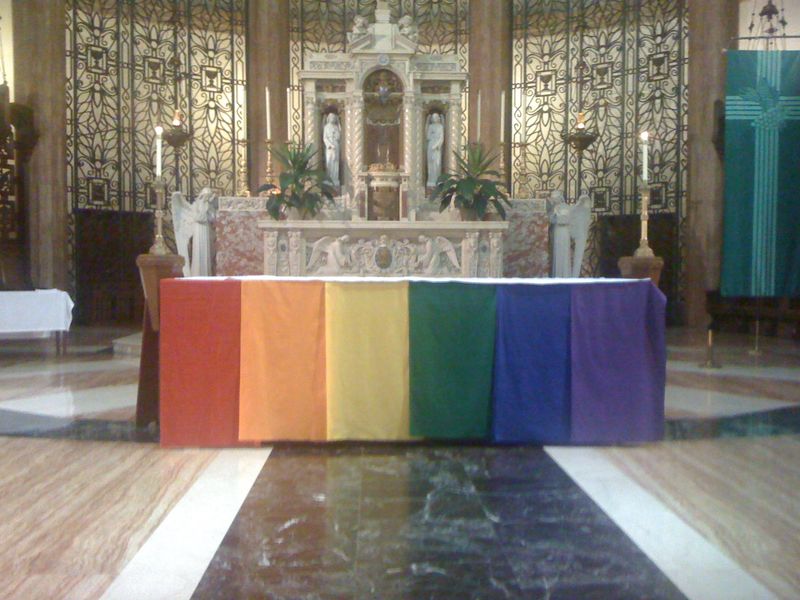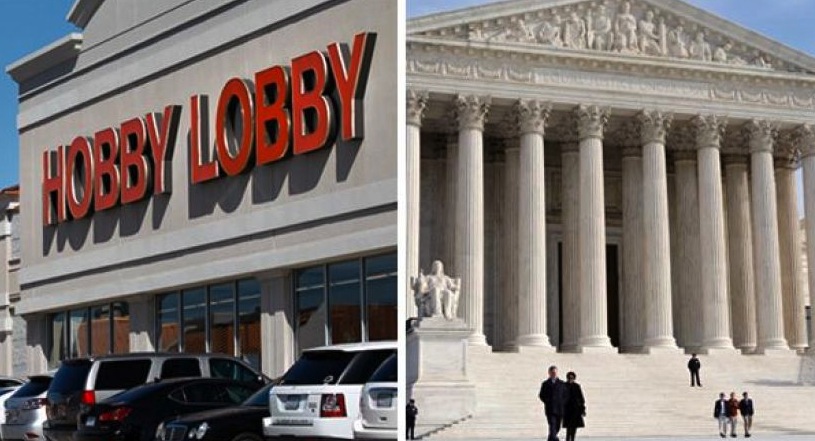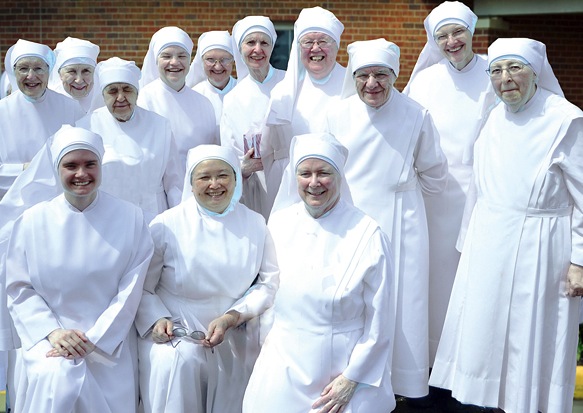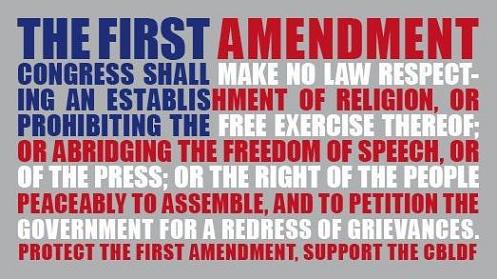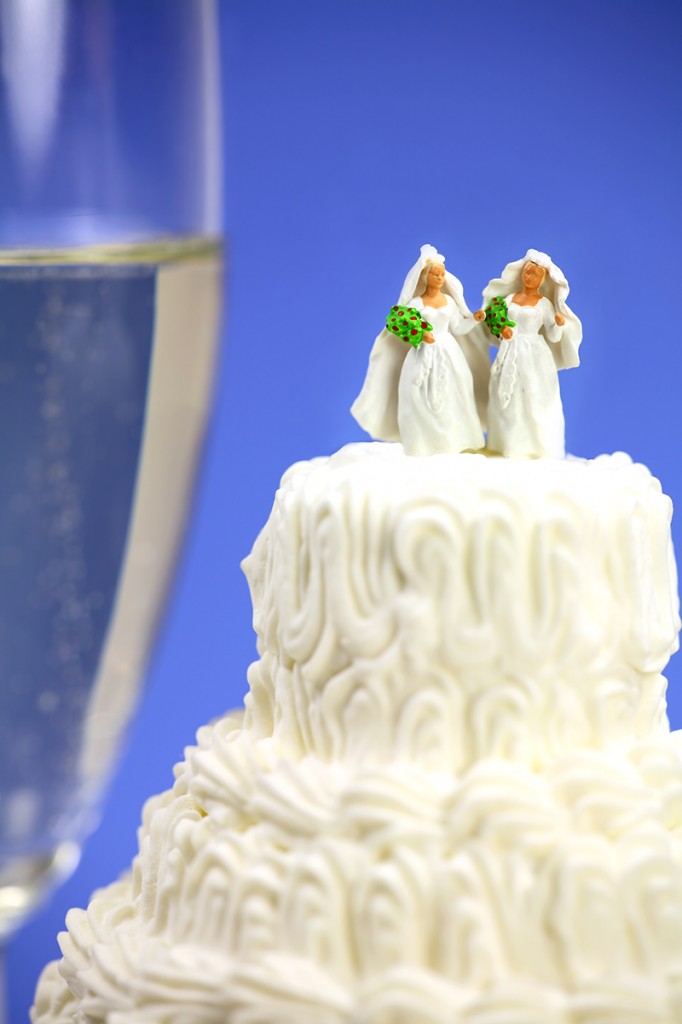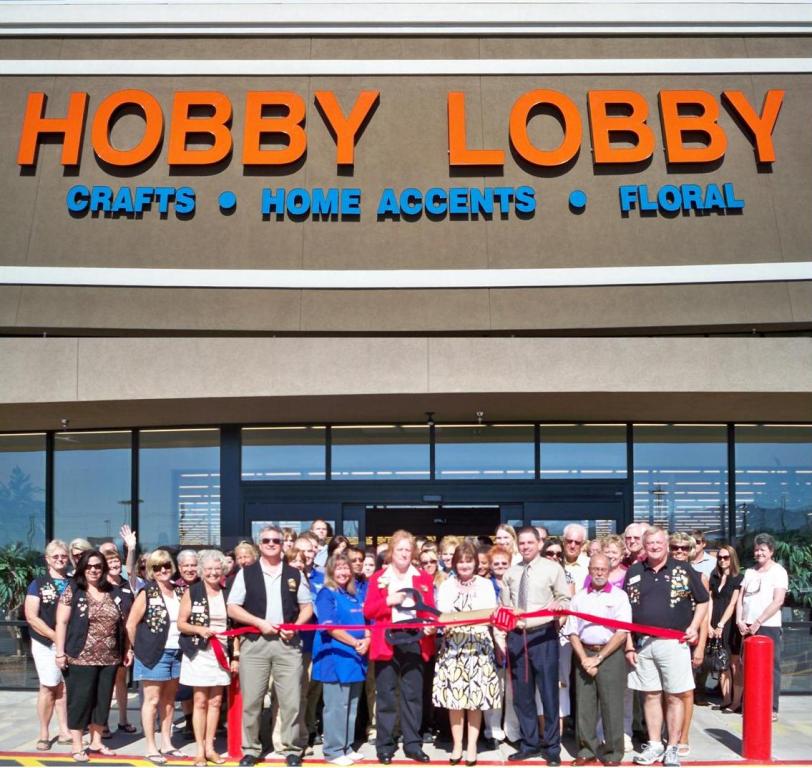A long, long time ago, 1998 to be precise, I wrote a column marking the 10th anniversary of my weekly “On Religion” column for the Scripps Howard News Service. I opened it with an observation about one of the major changes I had witnessed on the religion beat during the previous 20 years or so.
Add that all up and we’re talking about events in the late 1970s and throughout the 1980s. At the top, I noted that, when covering news events:
I kept seeing a fascinating cast of characters at events centering on faith, politics and morality. A pro-life rally, for example, would feature a Baptist, a Catholic priest, an Orthodox rabbi and a cluster of conservative Methodists, Presbyterians, Episcopalians and Lutherans. Then, the pro-choice counter-rally would feature a “moderate” Baptist, a Catholic activist or two, a Reform rabbi and mainline Methodists, Presbyterians, Episcopalians and Lutherans.
Similar line-ups would appear at many rallies linked to gay rights, sex-education programs and controversies in media, the arts and even science. Along with other journalists, I kept reporting that today’s social issues were creating bizarre coalitions that defied historic and doctrinal boundaries. After several years of writing about “strange bedfellows,” it became obvious that what was once unique was now commonplace.
This led me to the work of a famous scholar who was seeing the same pattern:
Then, in 1986, a sociologist of religion had an epiphany while serving as a witness in a church-state case in Mobile, Ala. The question was whether “secular humanism” had evolved into a state-mandated religion, leading to discrimination against traditional “Judeo-Christian” believers. Once more, two seemingly bizarre coalitions faced off in the public square.
“I realized something there in that courtroom. We were witnessing a fundamental realignment in American religious pluralism,” said James Davison Hunter of the University of Virginia. “Divisions that were deeply rooted in our civilization were disappearing, divisions that had for generations caused religious animosity, prejudice and even warfare. It was mind- blowing. The ground was moving.”
The old dividing lines centered on issues such as the person of Jesus Christ, church tradition and the Protestant Reformation. But these new interfaith coalitions were fighting about something even more basic — the nature of truth and moral authority.
Two years later, Hunter began writing “Culture Wars: The Struggle to Define America,” in which he declared that America now contains two basic world views, which he called “orthodox” and “progressive.” The orthodox believe it’s possible to follow transcendent, revealed truths. Progressives disagree and put their trust in personal experience, even if that requires them to “resymbolize historic faiths according to the prevailing assumptions of contemporary life.”
Why bring this up? This is the first thing I thought of the other day when GetReligion readers started sending in links to an Associated Press report noting that — prepare to be shocked — various groups in America are taking different stands on same-sex marriage. Thus, they are also taking different stands on some of the public-square issues linked to the right of doctrinal traditionalists to live out their beliefs in the practical details of public life.
In other words, the doctrinal, philosophical divisions of the “culture wars” era are now affecting how our nation’s leaders view religious liberty and, specifically, the free exercise clause in the First Amendment.
Surprised? There is no need to be. The problem is that this story paints this as a division primarily between religious people and secular people. More on that in a minute.
Now, here’s another key fact that is in the background of this Associated Press news feature. Truth is, the old coalitions that used to support religious liberty have been shattered — especially the remarkable left-right coalition that worked with the Clinton White House on issues of “equal access” and religious freedom in the workplace. That change in the legal landscape is now affecting debates among traditionalists about how to defend their beliefs on marriage and family (and religious liberty). Here is some key material near the top of the story:

